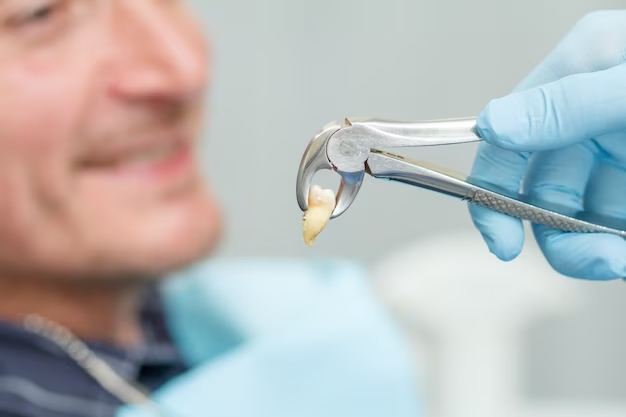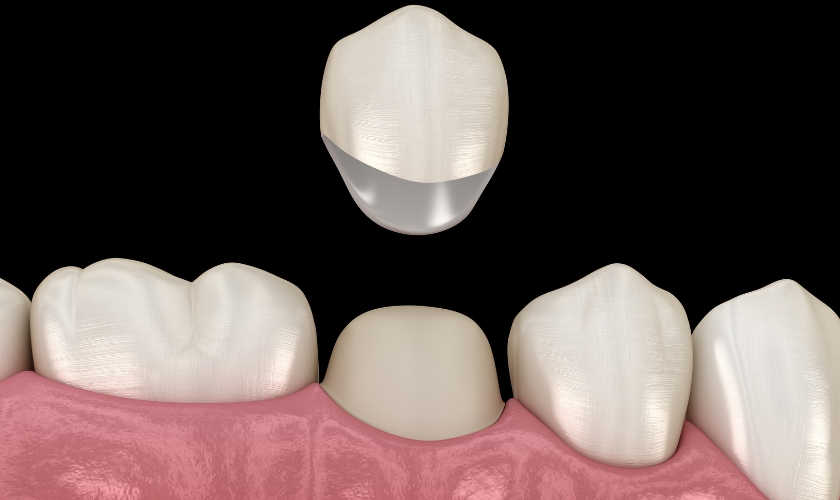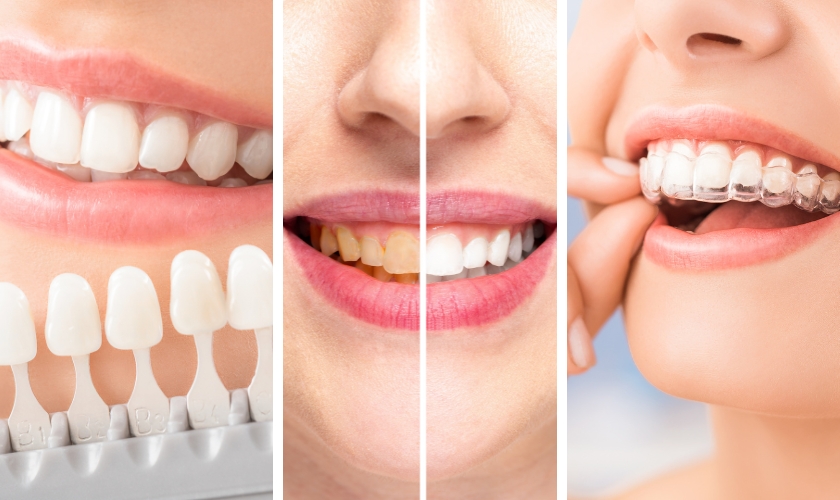Popular Types Of Tooth Replacement Options

Breaking Down The Myths And Misconceptions About Dental Hygiene
June 1, 2023
Can Ceramic Crowns Break Or Chip? Here’s What You Need To Know
June 15, 2023Losing a tooth can be a distressing experience, affecting your smile and your ability to eat and speak. Fortunately, there are various tooth replacement options available to restore your smile and oral function. In this informative blog, we will explore the popular types of tooth replacement options and provide an overview of the tooth replacement process. Understanding these options will help you make an informed decision and know what to expect during the tooth replacement journey.
The Importance Of Replacing Missing Teeth
Replacing missing teeth is crucial for both aesthetic and functional reasons. It helps restore your smile, improves speech, maintains proper jaw alignment, and prevents potential oral health issues that can arise from tooth loss.
Dental Implants: A Permanent Solution
Dental implants are considered the gold standard for tooth replacement. They involve the surgical placement of a titanium implant into the jawbone, which acts as an artificial tooth root. A custom-made crown is attached to the implant, providing a natural-looking and permanent tooth replacement.
Dental Bridges: Bridging The Gap
Dental bridges are a non-surgical option for replacing one or more missing teeth. They consist of artificial teeth (pontics) held in place by dental crowns attached to the adjacent natural teeth. Bridges bridge the gap created by missing teeth, restoring both appearance and function.
Dentures: Removable Replacement Option
Dentures are removable appliances used to replace multiple missing teeth or a full arch of teeth. They come in two types: complete dentures for replacing all teeth and partial dentures for filling gaps in the smile. Dentures can be an affordable and non-invasive option for tooth replacement.
Factors to Consider When Choosing A Tooth Replacement Option
Several factors should be considered when choosing a tooth replacement option, including the number of missing teeth, oral health condition, bone density, budget, and personal preferences. Consulting with a dental professional will help determine the most suitable option for your specific needs.
The Tooth Replacement Process: Step-by-Step
The tooth replacement process typically involves several steps, including a comprehensive dental examination, treatment planning, tooth extraction (if necessary), implant placement (for dental implants), preparation of adjacent teeth (for bridges), and finally, the placement of the artificial tooth or teeth.
Recovery And Aftercare
Recovery and aftercare will vary depending on the chosen tooth replacement option. Dental implants may require a healing period to allow the implant to fuse with the jawbone. Proper oral hygiene practices, regular dental visits, and following any specific post-treatment instructions are essential for a successful and healthy recovery.
Long-Term Maintenance Of Tooth Replacements
To ensure the longevity of your tooth replacements, proper maintenance is crucial. This includes practicing good oral hygiene, avoiding excessive force on the prosthetic teeth, and attending regular dental check-ups for professional cleanings and evaluations.
The Bottom Line
Understanding the popular types of tooth replacement options and the tooth replacement process is essential for making an informed decision about restoring your smile and oral function. Dental implants, bridges, and dentures each have their advantages and considerations. Consulting with our Olds dentist will help determine the most suitable option for you. By replacing missing teeth, you can regain your confidence and enjoy a healthy, functional smile once again.




